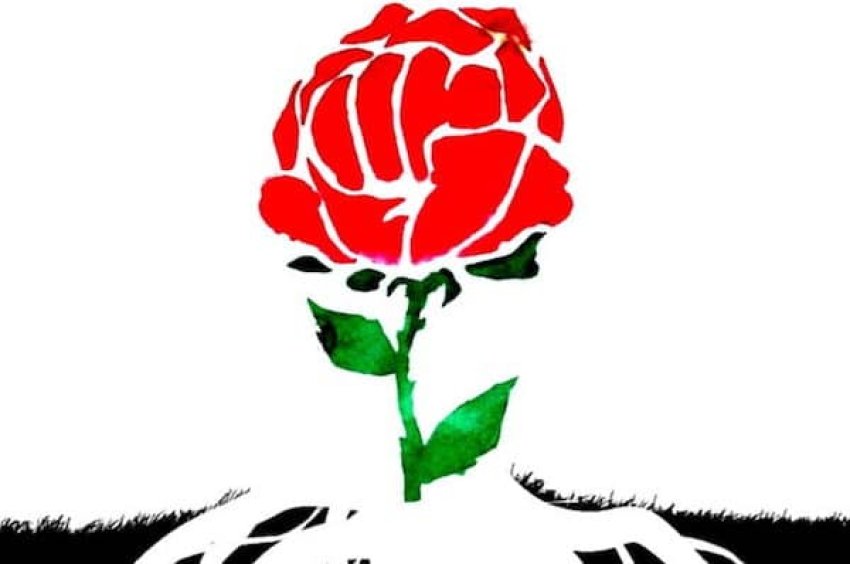
Climate and Capitalism editor Ian Angus takes a look at five new books that belong on an ecosocialist bookshelf.
***
Waste
By Kate O’Neill
Polity, 2019
Waste can be a risk, a resource, and even a livelihood, and it has major implications for governance at local, national and global levels. Kate O’Neill traces the emergence of the global waste industry and discusses how we could deal with both the risks and the opportunities associated with the hundreds of millions — possibly billions — of tons of waste we generate each year.
Solar Power: Innovation, Sustainability and Environmental Justice
By Dustin Mulvaney
University of California Press, 2019
Despite its deservedly green reputation, solar development and deployment may have social and environmental consequences, from poor factory conditions to impacts on wildlife. Dustin Mulvaney outlines the state of the solar industry, exploring the ongoing conflicts between ecological concerns and climate mitigation strategies, current trade disputes, and the fate of toxics in solar waste products.
Sustainable Food Systems: The Role of the City
By Robert Biel
UCL Press, 2016
Although it may at the moment be true that there’s enough food “around” (provided we stop wasting it and distribute it fairly), the system which currently produces that food is not ecologically sustainable into the future. Calling for a confluence between radical socialism and organic farming, Robert Biel argues that the solution to today’s food crises can only be driven by the kind of social movements which are now daring to challenge the existing unsustainable order
Karl Marx And The Birth Of Modern Society: The Life of Marx and the Development of His Work Volume I: 1818-1841
By Michael Heinrich
Monthly Review Press, 2019
There are many biographies of Karl Marx, but none of them give his life and work equal attention. Michael Heinrich aims to include the contemporary conflicts, struggles, and disputes that engaged Marx at the time of his writings, alongside his complex relationships with a varied assortment of friends and opponents. Volume One deals with his youth in Trier, his studies in Bonn and Berlin, and his focus on Hegelian philosophy and the so-called “young Hegelians” in his 1841 dissertation.
Overripe Economy: American Capitalism and the Crisis of Democracy
By Alan Nasser
Pluto Press, 2019
This history of the emergence of a finance-ridden, authoritarian, austerity-plagued US capitalism surveys the ruthlessly competitive capitalism of the 19th century, the maturation of industrial capitalism in the 1920s, the rise and fall of capitalism’s Golden Age and the ensuing decline towards the modern era. Alan Nasser shows why financialised neoliberal capitalism emerged, and points to the kind of system that can transcend it.
[Inclusion on this list does not imply agreement with all, or any, of a book's contents.]